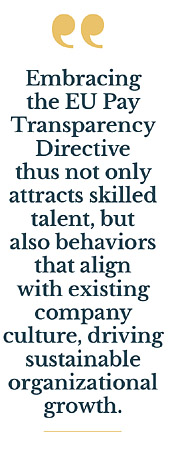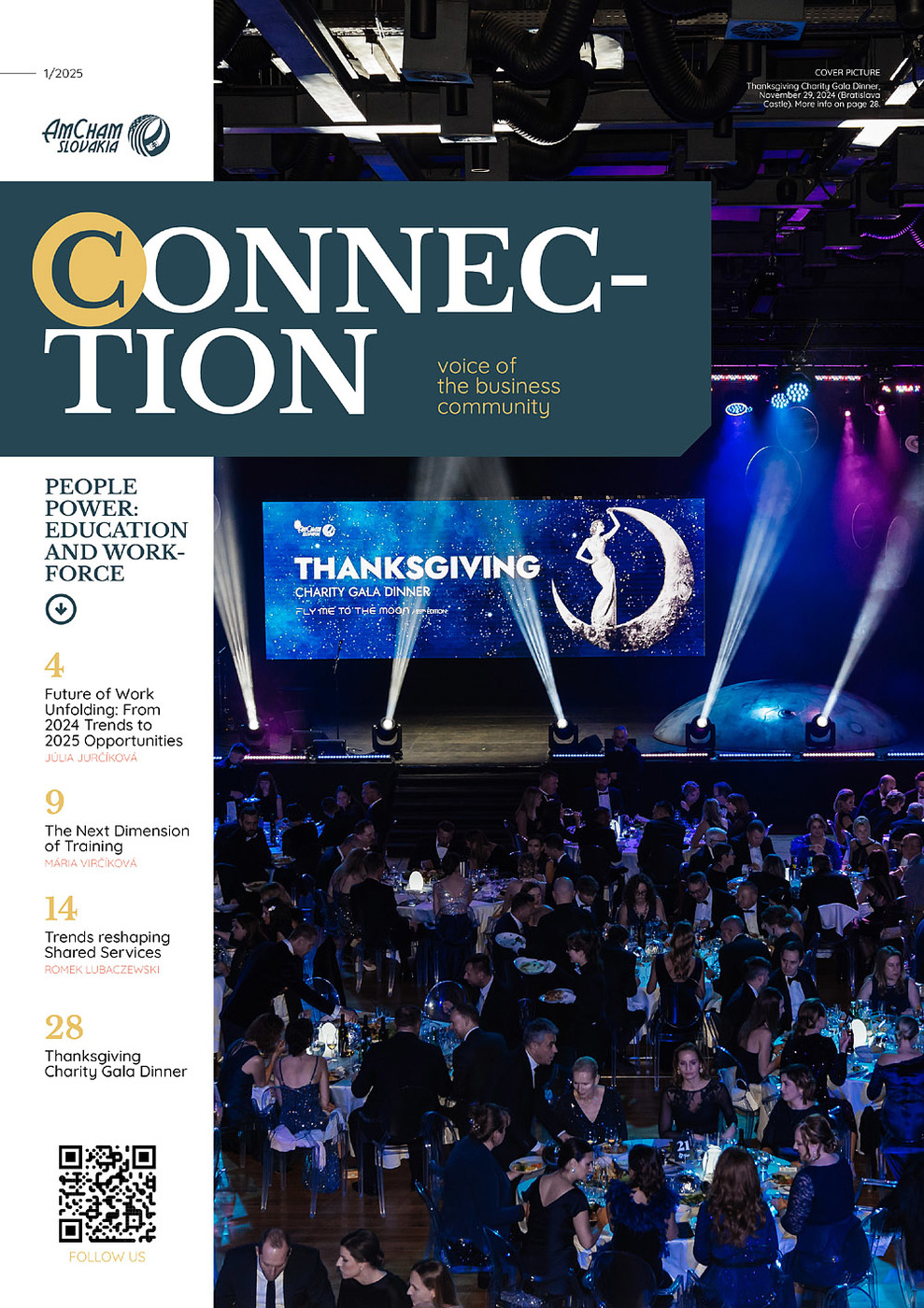The challenge of attracting and retaining top talent has reached unprecedented levels. Known as the “War for Talent,” companies are competing intensely for the most skilled and innovative individuals to drive their success. But who exactly is considered talent? Talent isn’t just defined by a strong skill set or unique qualifications. True talent for a company includes those who bring relevant, business-focused skills that help drive the company’s objectives forward. More importantly, they are individuals who embody the behaviors and values that align with the company’s culture. This combination of skills and cultural fit ensures that a company remains resilient to change and prospers in the long term.
Why Is Transparency Important for Shaping Behaviors?
Attracting the right behaviors starts with transparency in a company’s culture, embedding it into every aspect of the employee experience. For example, during hiring or promotion processes, involving current employees in interview panels and emphasizing cultural values in job descriptions sets clear expectations for incoming talent. These practices not only attract the right people but also help retain them by fostering trust and commitment—essential factors for long-term growth and sustainability.
 Impact of the EU Pay Transparency Directive on Talent Acquisition and Retention
Impact of the EU Pay Transparency Directive on Talent Acquisition and Retention
The EU Pay Transparency Directive has significant implications for attracting and retaining talent. Transparent remuneration practices can greatly enhance an employer’s reputation. When potential employees see that a company prioritizes fairness and equity, they are more likely to perceive it as an attractive workplace. This is backed by the PwC Global Hopes and Fears Survey 2023, which revealed that purpose, company culture, and inclusion are key factors employees consider when deciding whether to change employers.
The directive enforces transparency throughout the remuneration process, which serves as a foundational step toward fostering overall transparency within the company. It mandates several key actions:
- Embedding transparency: Incorporate pay transparency checks into HR processes like hiring, promotions, and annual reviews to enhance fairness. Use objective, non-discriminatory job postings and criteria to eliminate biases. Train HR and managers on pay equity and transparency to ensure fair assessments.
- Addressing gender pay gaps: Regularly conduct pay equity analyses to identify and address gender pay gaps or discriminatory practices. Continuously reviewing remuneration data is essential for maintaining competitive and transparent compensation structures.
- Fostering open communication: Create clear communication channels for discussing pay structures and decisions. Offer detailed explanations for pay determinations and changes. Provide opportunities for employee feedback on pay policies and actively address their concerns.
- Leveraging technology: Utilize data analytics for salary benchmarking and pay decisions to identify trends and forecast potential issues. Implement tools for real-time data analysis and compliance reporting. Regularly update salary benchmarks using industry surveys and internal data to stay competitive.
Rethinking Talent Management in the Modern Workforce
In conclusion, applying the transparent approach promoted by the EU Pay Transparency Directive to the remuneration process, and extending it across the entire organization, helps cultivate an open environment where company processes, values, and culture are clear to both employees and the public. By integrating this transparency throughout the company’s operations, businesses can attract skilled talent through clear, transparent job criteria, while ensuring that employees’ behaviors and values align with the company’s ethos. Embracing the EU Pay Transparency Directive thus not only attracts skilled talent, but also behaviors that align with existing company culture, driving sustainable organizational growth.
This shift toward transparency is not only required by the directive but also aligns with the expectations of the new generation of employees. Younger workers increasingly seek out companies that prioritize transparency across all aspects of their operations, from pay to culture. Companies that embrace this modern mindset and recognize the evolving demands of younger employees will be better positioned to meet their immediate hiring needs and align with their long-term strategic goals, ensuring sustained success in a competitive talent market.
By fostering transparency at every level, from pay structures to workplace culture, companies create a more engaging and inclusive environment. This approach not only enhances recruitment and retention efforts but also strengthens the company’s overall resilience and adaptability, making it a desirable destination for top talent in an increasingly competitive market.
Lucia Glasová, People Sustainability Manager, PwC Slovakia



Follow us